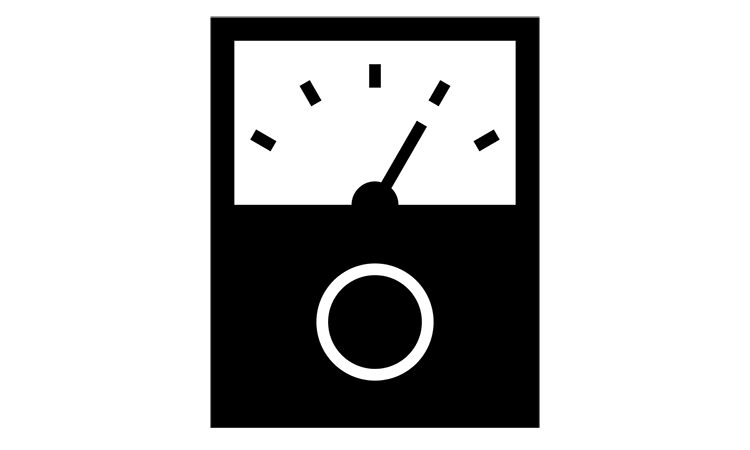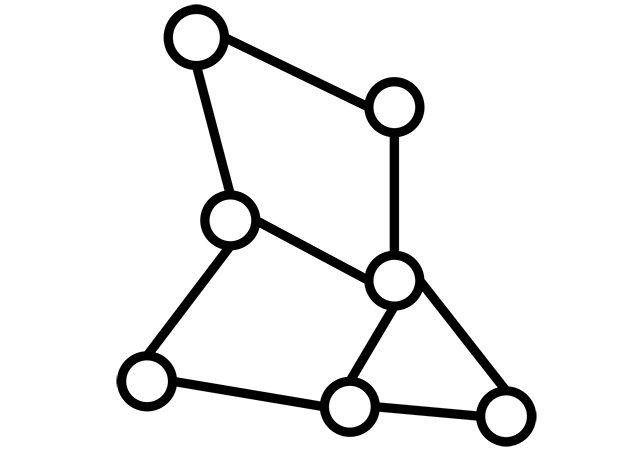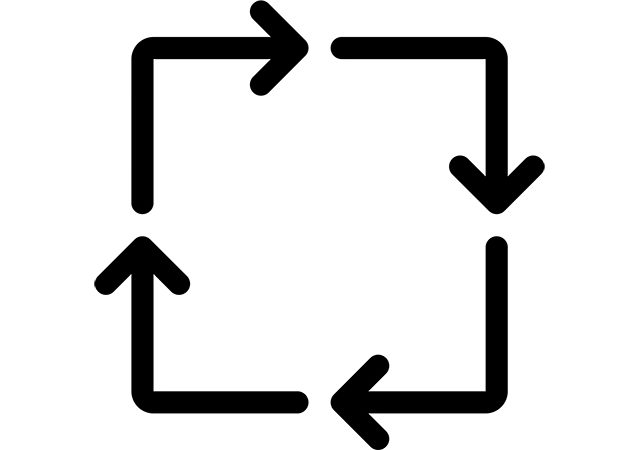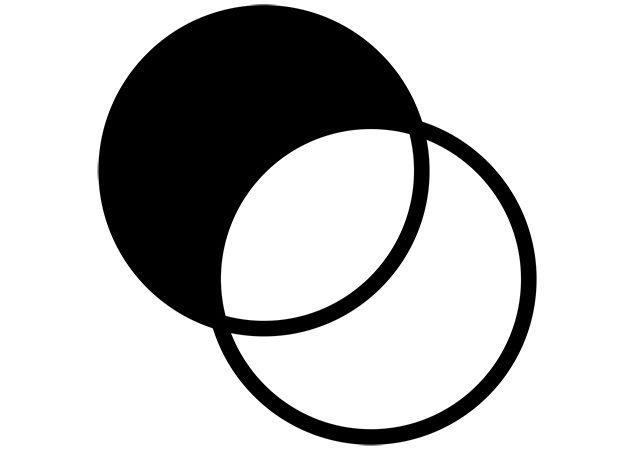This post answers the question “What is the definition of electric charge?”. The concept of charge is a basic one to explain the phenomena of electricity. The quantity of electricity is an electric charge. Electric charge is a feature of matter that causes a force when placed into an electromagnetic field. Charge is measured with Coulombs (C).
Electric current is a flow of electric charge. Electric current in metals is a flow of negatively charged particles (electrons). Protons and neutrons are positively charged particles. Current is a vector parameter and it has its own direction. Generally speaking electric current is movement of both negative and positive charges in opposite directions. However, current direction is supposed to be in the direction of positive charge flow, and is opposite to electron flow direction. The quantity of current is the quantity of electric charge which goes through the conductor cross-section, during a moment of time.
Hence, the mathematical formula expressing the charge that goes across the metal surface during period of time is the following:
Electric current is measured with Amperes (A), and is marked with the letter I. The electric charge is measured with Cuolombs (C) or Amper per second (A/sec), time – t is measured in seconds.
It is well known that electrons are particles creating an electrical current. An electron carries a charge of .
Current can be direct and alternative. Direct current (DC), stays constant. Alternate current (AC), varies over time.
More educational and technical posts you can read at our Reddit community r/ElectronicsEasy.
#3 Voltage power



